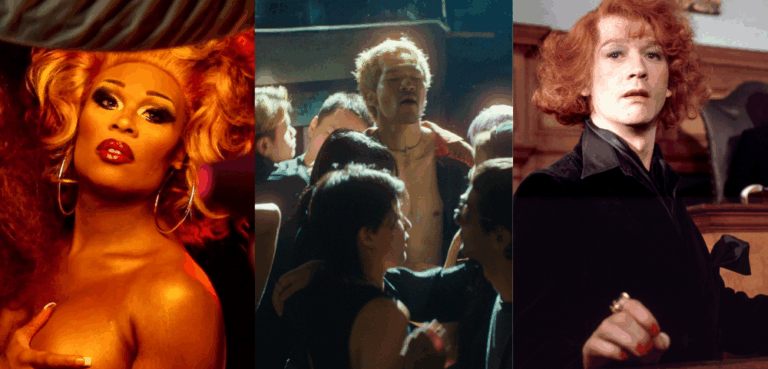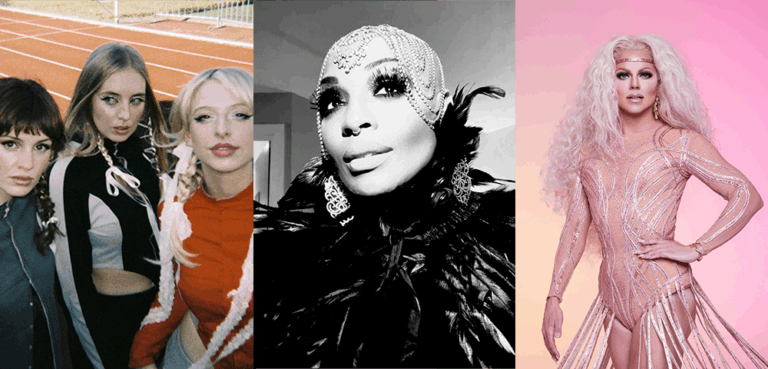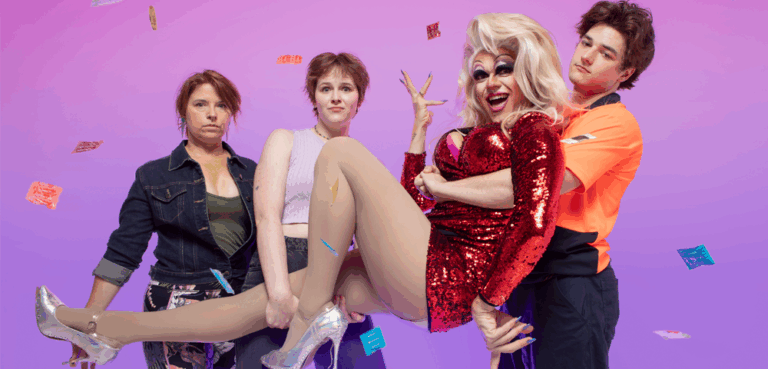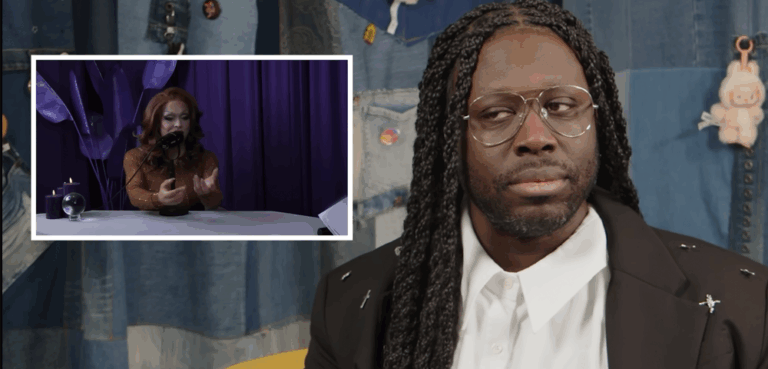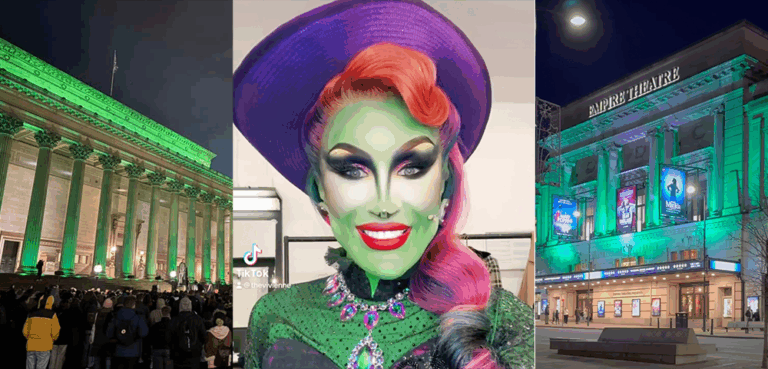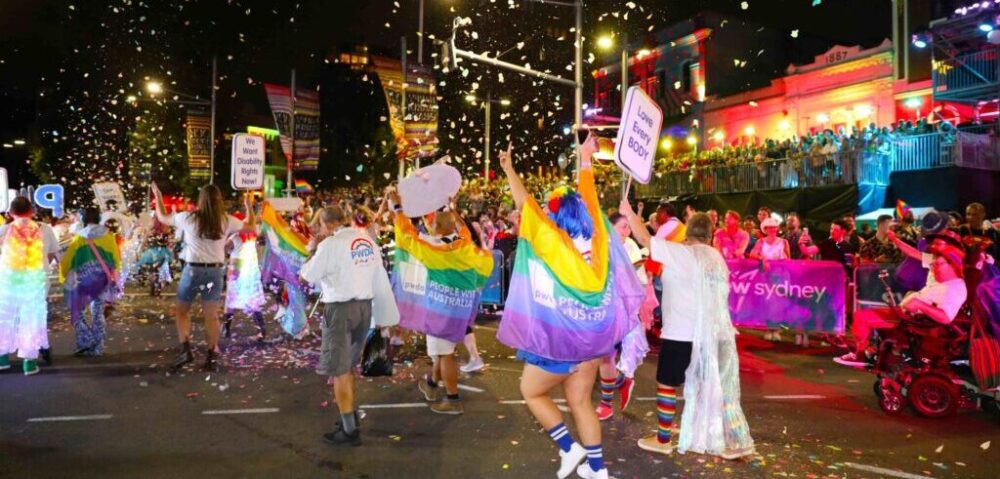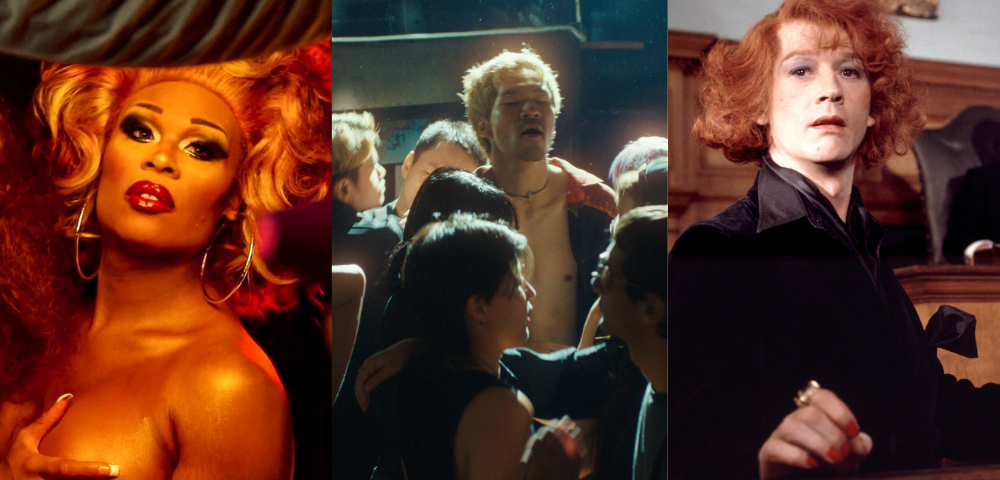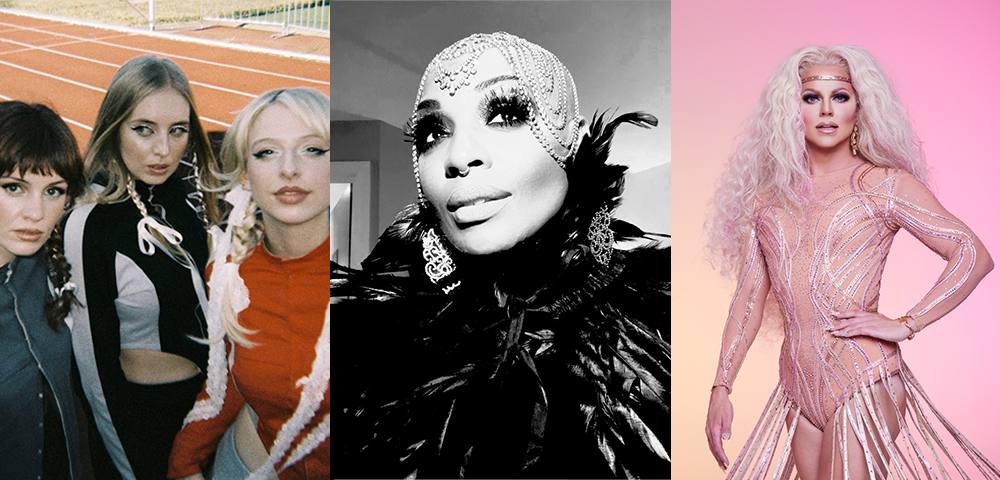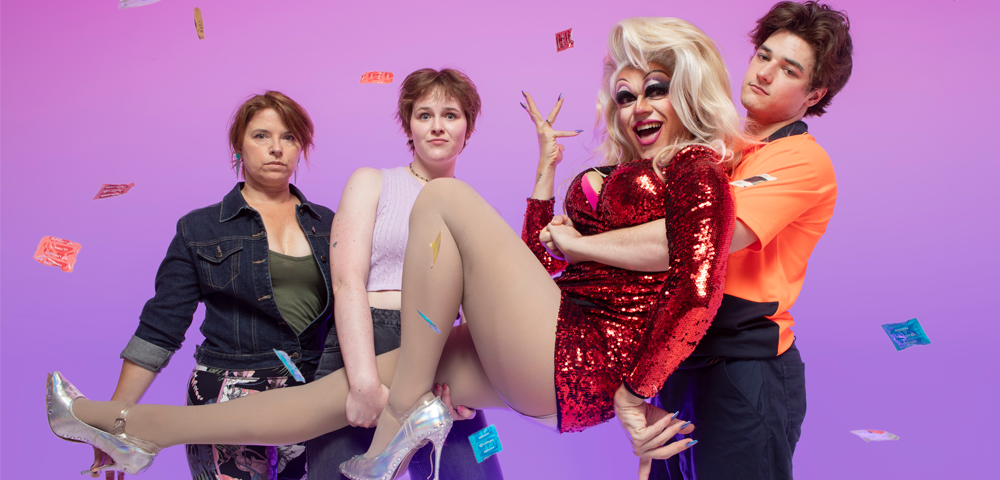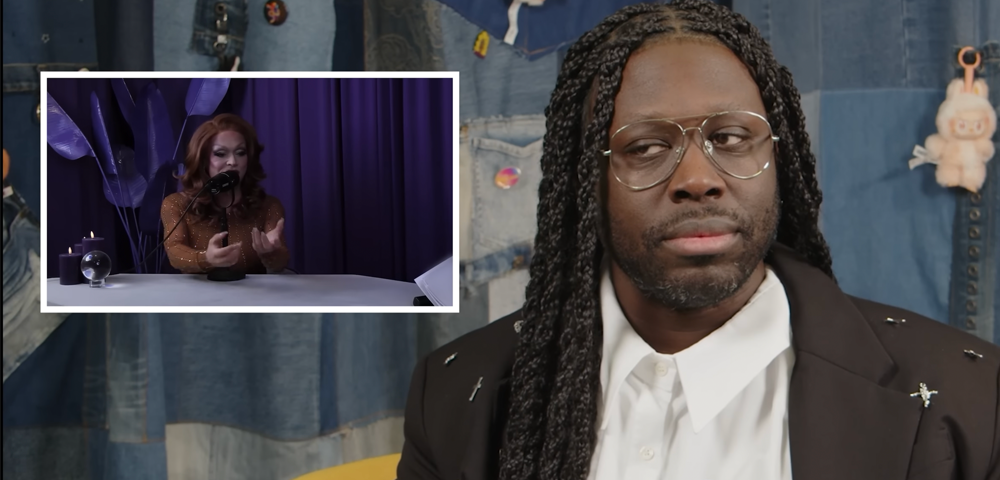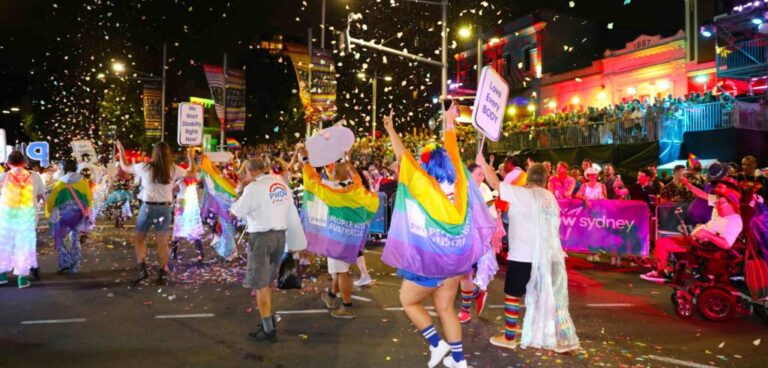
Panti Bliss: marriage equality is a vote winner, not a vote loser
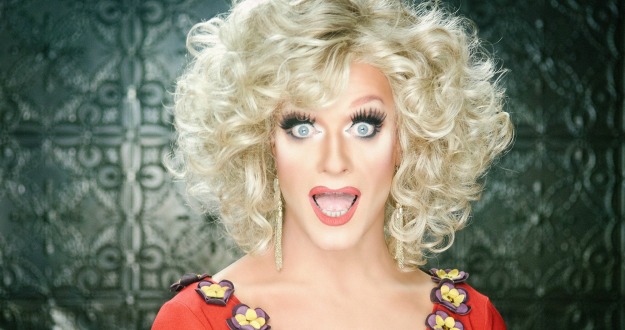
BEFORE Ireland became the first country to legalise same-sex marriage by means of a popular vote, the ‘yes’ campaign found an unlikely poster girl: the blonde, loud-mouthed drag queen Panti Bliss.
She was outspoken in her advocacy in the lead up to the referendum, and knocked on countless doors asking people: ‘please can you vote ‘yes’ so I can get married’.
Her tireless campaigning helped win the hearts and minds of Ireland, along with the national poll that made marriage equality a reality two years ago.
It’s now been two years and here in Australia we’re on the cusp of finally legalising same-sex marriage. Members of the LGBTI community and advocacy groups are currently urging the federal government to hold a free vote and make it a reality as soon as possible.
Bliss is the alter ego of 48-year-old Rory O’Neill, who believes some Australian politicians aren’t grasping how important the issue is to many people.
“It’s frustrating and depressing to me that politicians aren’t enacting the will of the people, so if I was an Australian I’d be pulling my hair out over it,” he said.
“I think politicians maybe thought it was an issue that was going to go away – but now they’re starting to understand.”
O’Neill added that perhaps some politicians believe marriage equality is quite low on the priority list of the everyday Australian citizen.
“I think the reason it’s not happened here yet is because politicians believe most Australians are in favour but they think it’s way down on their priority list,” he said.
“And maybe they’re right about that, maybe you’re average Australia might think there are more pressing issues, but I think Australia and in particular the LGBTI community need to persuade politicians that it’s an issue of importance
“Marriage equality is a vote winner, not a vote loser.”
When reflecting on what helped Ireland win marriage equality, O’Neill believes it was the larger community hearing the diverse, personal stories of as many everyday people as possible.
He said in the fight for same-sex marriage in Australia never to underestimate the power of the personal story.
“It’s about telling your personal story – I have a gay son, or I’m a lesbian, or I’ve been with my partner for fifteen years – it’s the power of the personal story that won the referendum in Ireland,” he said.
“Those personal stories need to be told to politicians.
“And I think every queer Australian, and more importantly the parents, and friends, and neighbours, and co-workers of queer Australians need to contact their MPs to tell them these stories.”
O’Neill said during the campaign for marriage equality in Ireland he was most surprised by how engaged and politically aware younger LGBTI people were; an important group to engage with in the fight for equal rights.
“For starters there are a lot of young people and this is an issue that’s going to affect them for a lot longer than someone who’s 70,” he said.
“Young people are vitally important and certainly in Ireland they were hugely important, arguably wining the campaign for us by getting out there.
“It needs to be part of the campaign, young people too need to know how to contact their MP.”
Now that the fight for marriage equality is over, in Ireland at least, O’Neill hopes society can focus on other often hidden issues in the LGBTI community.
“I think health issues in the community are important and big, and sometimes we want to ignore that because we don’t want to be saying to the world that our community has problems,” he said.
“It also may reinforce stereotypes that those who hate us may have, the ‘gay lifestyle’ suggesting we’re alcoholics or something, which isn’t the truth.
“What is the truth is the way LGBTI people are treated in society which results in a higher tendency to turn to drugs and alcohol and depression.
“So the root cause is not being LGBTI, it’s society’s reaction to someone being LGBTI.”
O’Neill added that discrimination and bullying are also areas that still require fixing.
“Bullying in schools is one of the last frontiers where discrimination is allowable in the school yard,” he said.
“Lots of LGBTI people have some pretty horrible stories and I know here you have the Safe Schools program, and the fact it’s considered controversial is depressing.”
As part of this year’s Sydney Gay and Lesbian Mardi Gras Festival O’Neill performed as Panti Bliss in her High Heels in Low Places show.
Hilarious and poignant, the comedy charts her brushes with infamy, near misses with fame, and adventures in the seedy underbelly.
In light of the social rights issues like marriage equality and Safe Schools currently being debated around Australia, O’Neill had a simple message for the LGBTI community.
“Download [my documentary] the Queen of Ireland! No, just kidding,” he said.
“There’s strength and community in other people, and whether it’s through the AIDS epidemic or generations of discrimination, we sort of look after each other so I would say chin up – you’ll find community and strength from them.”
